Guest: JJ Ramberg is the co-founder of Goodpods, the new app where you can follow your friends, influencers, and favorite podcasters to see what they're listening to. JJ spent 13 years as an anchor on MSNBC and also co-founded the coupon site Goodshop.com. She is the author of two books -- the Wall Street Journal immediate bestseller, It's Your Business, and the children's book The Startup Club.
1-click play this episode in your podcast app.
Intro: We all love a little “good” in our lives. In this episode, host Emily Binder and JJ dive into the optimism and simplicity that JJ’s app Goodpods offers to its users. The app provides users a way to give and get recommendations for podcasts from their friends and fellow users in a world where podcasting is becoming more and more popular.
Emily and JJ continue their conversation to discuss the ins and outs of building an app, making money, podcast advertising, the podcasts they’re loving right now, and more.
Topics:
0:55: Meet JJ Ramberg
1:20: What is Goodpods?: Gravitating towards goodness.
“At its core, it’s just a way to find great new podcasts, and for podcasts to find new listeners.” - JJ Ramberg
3:45: Goodpods is Goodreads for podcasts. Download the app and claim your handle now. Follow @emilybinder and @JJ on Goodpods.
Co-founders and siblings, JJ and Ken Ramberg
5:00: The origins of Goodpods. JJ co-founded Goodpods with her brother Ken. They are both big podcast listeners.
“In 2019, 50% of the US population has at least listened to a podcast, and a third of them listen at least monthly.” Via Edison Research
6:05: These days, podcasting offers so much more than entertainment. More people are turning to podcasts for up to date news and information about what’s happening in the world, and sharing joy with those around them.
8:30: Podcasts are “low commitment.” You can consume information and entertainment more simply and easily. It’s a short-form content, and that’s the opposite of what we’re experiencing on social media.
9:20: Social media can be a negative space these days, linked to depression and addiction. But podcasting offers positivity, education, and entertainment.
10:21: Sharing podcast recommendations from the app: Ologies hosted by Alie Ward (check out the COVID-19 episode entitled Virology)
12:10 JJ loves Cool Mules podcast from CANADALAND and 10% Happier with Dan Harris
“These conversations are happening everywhere. We’ve just codified it, so you don’t have to remember them anymore.” - JJ Ramberg
15:55: Designing the Goodpods app: “We wanted it to be familiar” - JJ Ramberg
16:50: Beta testing: Goodpods is constantly adopting the app to be as simple and user friendly as possible.
17:01: So how does Goodpods make money? As a listener, a lot of people fast forward through ads. Is podcast advertising in a good place? Is it effective?
19:00 Podcast advertising is going to change in the coming years. Emily recommends: Six Pixels of Separation #700 – Seth Godin on Podcasting
“It’s not about how many people are listening, but what is the quality of the audience. Are they interested in a really niche topic? Because this medium lets you get so niche.”
21:20: Discussing parasocial relationships. Why do we sometimes feel like we are friends with podcasters, tv characters, etc.?
22:00: Growing podcast viewership is often the number one goal or metric for a podcaster. What is the best way to promote a new or existing podcast?
23:58: Emily and JJ discuss “Calls to Action,” or CTAs. It’s tough to get a reaction sometimes; you have to make things as easy as possible for the listener.
25:20: There are 800,000 podcasts. Don’t try to compete with the top podcasts on the charts, compete within your niche, and build the target audience for your specific brand.
“We weren't trying to be everything to everybody. We were just trying to be what we’re supposed to be for our audience.” - JJ Ramberg
28:38: JJ’s podcast recommendations: WeCrashed, a podcast about the rise and fall of WeWork, and the Ten Percent Happier Podcast with Dan Harris.
Goodpods is always looking for feedback and suggestions for their app. If you would like to submit a comment or suggestion, email JJ at jj (at) goodpods (dot) com.
Goodpods Co-Founder JJ Ramberg







